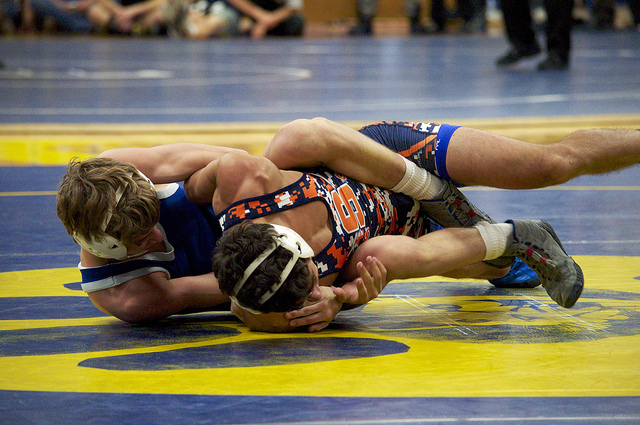
If you’ve ever heard yourself saying, “That %$^#@!! coach,” this guide is for you. As the parent of a young athlete, it’s your job to help your child make the right choices, protect and encourage. Your child’s coach can be the difference between a lifelong love of athletics or a journey into hell.
But, before you blame the coach, you need to look at yourself. Is it possible that you are the problem? Over-involved and highly competitive parents can also make a child’s youth and high school youth sports career a nightmare. Here’s how to tell the difference.
What Am I Doing?
A recent post by youth athletics blogger Alex Perdikis described ways to find the right sport for a child. If you’re questioning the coach at this point, you’ve already been through that process. But, many of the same principles you used to guide your child then still apply. You looked at safety, your child’s talents, skills and personality, evaluated the coaching staff and together you and your child chose the sport that fit. As a parent, you can’t stop examining the same things. And, you can’t stop guiding. Sometimes, however, there’s a fine line between guidance and nightmare. Ask yourself, “What Am I Doing?”
A three-decade long informal survey conducted by two former coaches revealed a startling and hidden horror experienced by many college athletes as they remembered their youth and high school sports days. Overwhelmingly, these athletes described their worst memories as the ride home from competitions with their parents. It wasn’t the coach, it wasn’t a bad game — it was the ride home.
To be fair, most parents think they are doing the right thing when they talk about the game, critique technique and point out flaws. Unfortunately, it’s the wrong thing at the wrong time. Are you making the ride home miserable for your child? Stop now. You don’t want your child’s experience spoiled because you can’t stop analyzing.
Over-involvement is another trap parents fall into without realizing it. Have you ever complained to the coach that your child isn’t getting enough playing time, openly criticized another player or placed too much emphasis on winning? If so, you are an over-involved parent. Step back. Let the coaches coach. Leave playing time decisions to them while you concentrate on your child’s personal development and making sure it’s fun.
Now About the Coach…
Now that you’re on track, let’s talk about the coach. Most coaches are well-meaning and are certainly not coaching at the youth level for fame and fortune. If you’re uneasy about your child’s coaching methods, first make sure it’s not that you simply don’t agree. If the coach’s behavior still seems out of place, check for these bad coaching signs:
1. The coach acts like a drill sergeant. If a coach tells athletes to “suck it up,” play through their pain or engages in bashing another group, such as telling a young male he throws like a “girl,” you are looking at a bad coach.
2. The coach is emotional — in the wrong way. Enthusiasm, warmth and caring are emotions every coach should have. If that emotion turns to constant screaming at players, a lack of empathy and full-blown arrogance, you’ve got a problem.
3. The coach has jumped from job to job. There might be a legitimate reason for job jumping, but most of the time it means there have been problems in the past.
If you think your child’s coach is a bad one, file a complaint with the appropriate oversight organization.